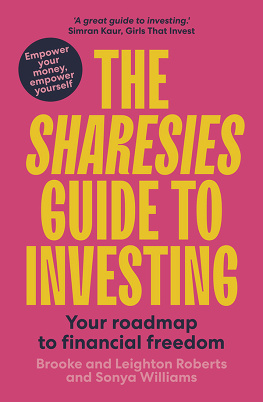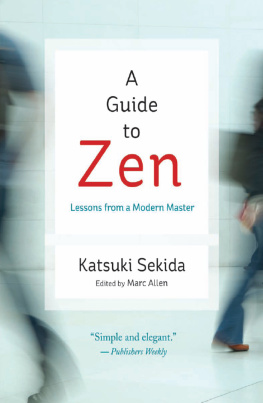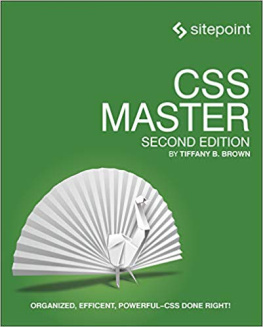GAINING A MASTERS DEGREE
How To Books for Students
Budgeting for Students
Critical Thinking for Students
Gaining a Masters Degree
Getting a Job after University
Going to University
How to Know Your Rights: Students
How to Know Your Rights: Teachers
How to Master GCSE Accounts
How to Master Languages
How to Pass Exams Without Anxiety
How to Start Word Processing
How to Study Abroad
How to Study & Learn
How to Study & Live in Britain
How to Survive at College
How to Teach Abroad
How to Use a Library
How to Write a Report
Improving Your Written English
Mastering Book-keeping
Mastering Business English
Passing That Interview
Planning Your Gap Year
Research Methods
Spending a Year Abroad
Studying at University
Studying for a Degree
Taking in Students
Taking Your A-Levels
Writing an Assignment
Writing an Essay
Writing Business Letters
Writing Your Dissertation
Further titles in preparation
The How To series now contains more than 200 titles in the following categories:
Business Basics
Family Reference
Jobs & Careers
Living & Working Abroad
Media Skills
Mind & Body
New Technology
Student Handbooks
Successful Writing
Travel
Please send for a free copy of the latest catalogue for full details (see back cover for address).

GAINING A
MASTERS DEGREE
How to invest in your own future
Dr Allen Brown
Dedication
To the memory of my mother,
Mrs Mary Jane Brown
Constable & Robinson Ltd.
5556 Russell Square
London WC1B 4HP
www.constablerobinson.com
eISBN: 9781848037755
All rights reserved. No part of this work may be reproduced, or stored in an information retrieval system (other than for purposes of review), without the express permission of the Publisher in writing.
Note: The material contained in this book is set out in good faith for general guidance and no liability can be accepted for loss or expense incurred as a result of relying in particular circumstances on statements made in the book. The laws and regulations are complex and liable to change, and readers should check the current position with the relevant authorities before making personal arrangements.
Produced for How To Books by Deer Park Productions.
Typeset by Kestrel Data, Exeter.
Printed and bound in Great Britain by Cromwell Press, Broughton Gifford, Melksham, Wiltshire.
Contents
List of Illustrations
Preface
Over the past few years the number of universities in Britain has increased as a result of polytechnics and some colleges of higher education being reclassified as universities. Consequently there are now considerably more opportunities in all aspects of higher education, including education to Masters degree level. There is every indication that this expansion will continue for the foreseeable future.
This book aims to help the reader who is considering embarking on a part-time or full-time Masters degree programme and the issues covered include:
The advantages of possessing a Masters degree.
How to choose a relevant subject and a university.
Whether to apply for a taught Masters programme or a programme by research only.
How to decide which is more appropriate a part-time or full-time programme.
How to prepare yourself for tackling a Masters degree.
What to expect from a taught Masters programme.
How to choose and use the resources required to ensure success.
How to avoid mistakes and watch out for pitfalls in a higher degree programme.
Whether you are hoping to pursue a taught Masters programme or a programme by research, the dissertation or thesis is of paramount importance in your assessment and is therefore covered in some detail in . The purpose of the dissertation is to provide you with the opportunity of demonstrating, to the university, what you are capable of doing mainly off your own back. It gives you the opportunity of developing your own ideas and arguments and presenting them as a credible academic exercise.
ACKNOWLEDGEMENT
I should like to express my gratitude to Michael Geary and Martin Roots for patiently reading through the draft of this book and making many useful and helpful suggestions.
Allen Brown
Cambridge 1997
1
Looking at a Masters Degree
In the early 1990s British polytechnics and some colleges of higher education were reclassified as universities. These new universities are able to award degrees in their own right. Together with the traditional universities they are offering opportunities for further training beyond that of BSc or BA degrees. With the increase in the number of universities in Britain, access to higher education opportunities has been greatly enhanced. There are over 5,000 Masters degree programmes available in Britain part-time and full-time.
REASONS FOR WANTING A MASTERS DEGREE
There are many reasons why you might want to acquire a Masters degree. Having been through the learning process for a first degree or a diploma you may want to keep your academic interest alive. Probably the opportunity did not exist before because of demands on your time or possibly there wasnt a suitable university within easy travelling distance. Whatever the reason, you probably fall into one of the following categories.
Progressing from a first degree
After completing a first taught bachelors degree you may feel sufficiently interested in your subject to pursue it further. Registering for a Masters degree is an ideal method of continuing your search for knowledge. You may have taken a year out after graduating and feel that you wish to get back into the university system. You may be a graduate who is experiencing difficulty in securing your first job, and registering for a Masters degree is one way of resolving the problem in the short term. Having a higher degree will also enhance your employment propsects certainly, an added qualification on the CV will not do your prospects any harm.
Finding alternative employment
Alternatively, after working for several years following graduation, you may feel that your current knowledge or experience is so finely tuned in your present job that it may act against you when searching for a future position. Being in possession of a Masters degree would broaden your expertise and make you more marketable. Since the number of graduates is higher today than ever before, the competition for professional positions is correspondingly greater. When applying for a new job you may feel more confident if you have a higher degree to complement your experience.
Staff development
You may find that in the normal course of your employment, your job specification is likely to change. This could come about for several reasons, for example, company downsizing, shifting market strategies or skill redeployment. You may be required to take on new responsibilities and new roles for which you require a form of retraining or staff development. One means of achieving this is to pursue a part-time Masters programme in a subject closely related to your new line of responsibilities. The extra time you will have to allocate to study for the higher degree will certainly demonstrate to your employers that you are taking the retraining seriously.















